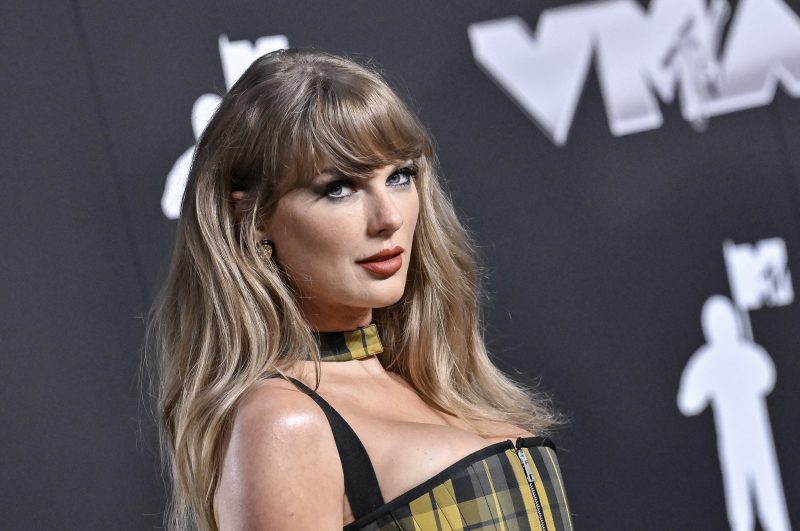In the world of celebrity endorsements and political opinion, tensions often run high. Recently, a tweet from former President Donald Trump stirred controversy when he mentioned his dislike for pop star Taylor Swift. The tweet came just days after Swift endorsed the Democratic candidate for Tennessee Senate, Phil Bredesen, and criticized his opponent, Republican Marsha Blackburn. This clash of interests highlights the complex relationship between celebrities and political figures, as well as the impact of such public statements on their respective fan bases.
The endorsement of political candidates by celebrities is not a new phenomenon. In recent years, there has been a trend of celebrities using their platform to voice their support for specific political figures or causes. While some argue that the endorsement of celebrities can help raise awareness and mobilize voters, others criticize it as being insincere or influencing voters who may not be well-informed. The influence of celebrities in politics is a contentious issue, with opinions varying widely on its effectiveness and ethical implications.
In the case of Taylor Swift, her endorsement of Phil Bredesen and subsequent criticism of Marsha Blackburn drew both praise and backlash from fans and the public. Swift, who has historically been known for staying out of politics, made a bold statement by publicly supporting a candidate and urging her fans to vote. This move reflected a shift in her public persona and demonstrated her willingness to use her platform to advocate for causes she believes in.
On the other hand, Donald Trump’s tweet expressing his dislike for Taylor Swift can be seen as a strategic move to undermine her endorsement and influence among her fan base. The tweet not only highlighted the divisive nature of politics but also raised questions about the role of public figures in shaping public opinion. Trump’s use of social media to express his personal opinions on celebrities further blurs the line between entertainment and politics, creating a platform for public figures to engage in public discourse in a highly polarized environment.
Ultimately, the clash between Taylor Swift and Donald Trump over political endorsements underscores the complexity of the relationship between celebrities and politics. While celebrities have the right to express their political opinions and endorse candidates, the impact of their statements on public perception and voter behavior remains a subject of debate. As the intersection of entertainment and politics continues to evolve, it is essential for public figures to navigate this terrain carefully and consider the implications of their words and actions on their fans and followers.




























